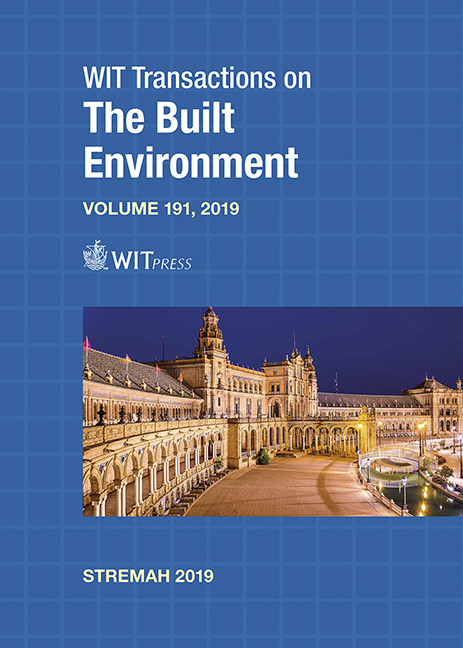ACCESS TO HERITAGE: THE ROLE OF THE MALTESE NATIONAL CULTURAL HERITAGE AGENCY
Price
Free (open access)
Transaction
Volume
191
Pages
11
Page Range
245 - 255
Published
2019
Paper DOI
10.2495/STR190211
Copyright
WIT Press
Author(s)
KATYA MANISCALCO
Abstract
A small island in the Mediterranean, Malta is rich in culture and heritage architecture spanning several thousand years – from prehistory to Roman, Arab, Norman, Medieval, Knights of St John, French, British and modern Malta. Heritage Malta is the national agency that manages several historical buildings and sites, including sites inscribed on the World Heritage List ranging from the underground Ħal Saflieni Hypogeum to the Megalithic Temples and the City of Valletta. The importance of preserving heritage buildings for all of humanity is widely accepted. Cultural heritage belongs to people from all walks of life, and each person has a right and responsibility to appreciate and conserve its universal values. Rendering sites accessible inherently implies a degree of impact; hence, this raises a number of questions: What is accessibility? What are the potential impacts and risks? Is physical accessibility a right in all cases? What solutions can be adopted to render cultural heritage accessible? This paper will focus on how Heritage Malta, through its various projects and interventions (past and future), is addressing its mission statement in rendering cultural heritage accessible to the wider public. Furthermore, the paper shall also highlight the benefits of having an agency setup managing multiple assets.
Keywords
Heritage Malta, accessibility, cultural heritage, values, society, public, World Heritage sites




